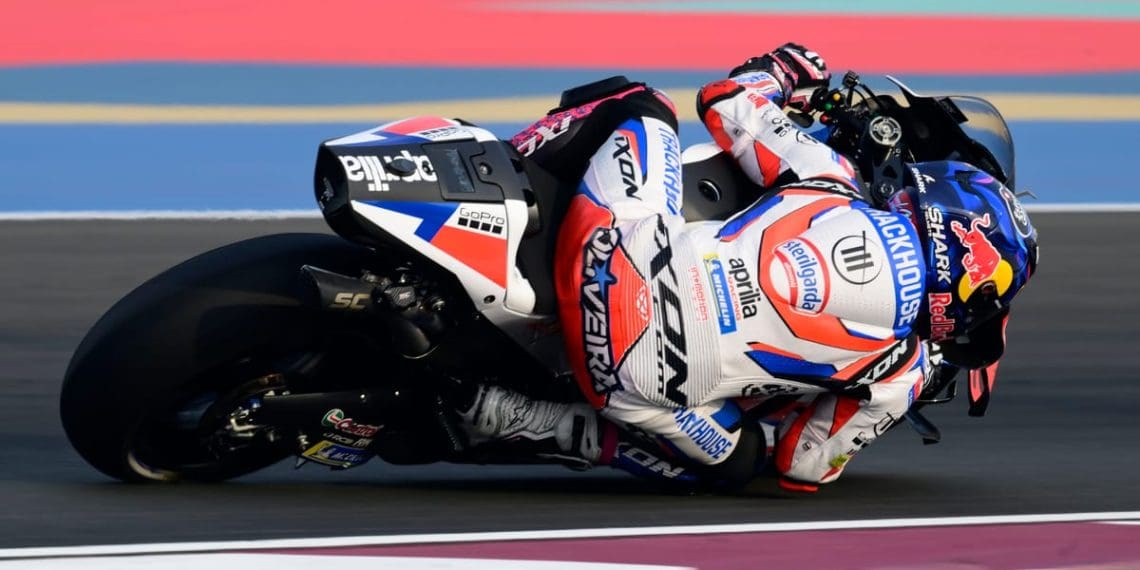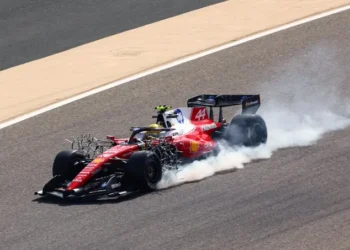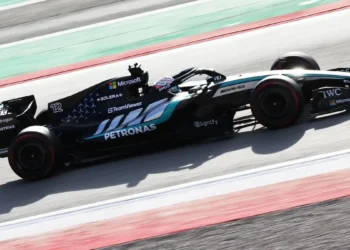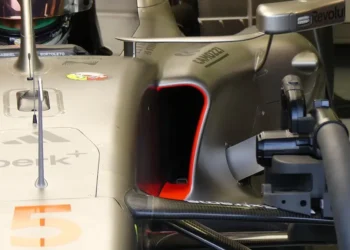Official tire manufacturer of MotoGP, Michelin has quietly implemented a significant change in the series regulations for 2024. This change aims to address one of the main causes of performance irregularity in the championship. Specifically, riders and teams will no longer receive pre-heated tires. These tires, which were heated and cooled repeatedly, have been a source of dissatisfaction among riders due to perceived inconsistencies they cause when installed on the bikes. Initially, pre-heated tires were randomly distributed to riders to minimize waste. However, an increasing number of complaints led to a modification where riders were given their own pre-heated tires to use in less critical training sessions. However, the importance of training sessions grew and rider complaints persisted. Consequently, Michelin has now decided to completely eliminate pre-heated tires from the allocation.
Michelin’s CEO, Piero Taramasso, explained the reason for this change and the new regulations for 2024. He stated: “Last year, the rider who used the fewest rear tires throughout the season used 30, while the rider who used the most used about 60 or 70, more than double. Clearly, one was doing well, while the other was not. Therefore, we have set a limit of 40 tires for the season, and any additional tires will incur an extra cost.” This adaptation aims to ensure a more level playing field and reduce the inconsistencies caused by varying tire usage.
The 2024 season will also introduce new rubber compounds for both front and rear tires. Taramasso expressed his satisfaction with the performance of these compounds during pre-season tests in Sepang and Lusail, where lap records were broken. He stated: “We tested these new compounds last year in Valencia and Misano, and the feedback was positive. As a result, we decided to introduce them for the 2024 season and used them in Sepang and Qatar. Lap times were fast and consistent, and the riders commented that they experienced greater consistency and grip, which was an unexpected but welcome result.”
Several riders supported the idea that these changes contributed to faster lap times and greater consistency. Luca Marini, the new signing for Repsol Honda, praised Michelin for the advances made in tire performance. He acknowledged: “I believe the tires have taken a significant step forward. It’s not something people talk about, but the tires are better. Now, you can find five tires that perform exceptionally, and maybe just one with slightly lower performance, which you only notice when you’re pushing 100%.”
Overall, the modifications introduced by Michelin for the 2024 MotoGP season aim to improve consistency, level the playing field, and provide riders with better tire performance. These changes have been well received by the riders, who have noticed the positive impact on lap times and overall performance.
© 2024
The future of sports: what to expect in the coming years?
In recent years, the world of sports has undergone significant transformations. With technological advances and changes in fan preferences, the future of sports promises to be exciting and full of surprises.
One of the main changes we can expect is the increase in integration between sports and technology. With the advancement of artificial intelligence and virtual reality, fans will be able to experience games in a completely new way. In addition, data analysis and the use of statistics will be increasingly important for coaches and athletes.
Another trend that is gaining momentum is the concern for sustainability in sports. With the growing concern about climate change, sports events are seeking ways to reduce their carbon footprint. From the use of renewable energy to raising awareness about the use of disposable plastics, sports are becoming greener.
Furthermore, diversity and inclusion are becoming increasingly important in the world of sports. Sports organizations are working to ensure that people from all backgrounds have the opportunity to participate and excel in sports. This includes promoting women’s teams, fighting against racism, and including athletes with disabilities.
However, not all changes in the world of sports are positive. The increased use of technology also brings concerns, such as the use of technological doping and the lack of privacy for athletes. In addition, the excessive commercialization of sports has led to a loss of authenticity and sportsmanship.
In summary, the future of sports promises to be exciting and full of transformations. With technological advances, concern for sustainability and inclusion, sports are adapting to the modern era. However, it is important to ensure that these changes are made responsibly and that the sporting spirit is preserved. The future of sports depends on all of us, fans, athletes, and sports organizations, working together to create a fair, inclusive, and exciting sports environment.










